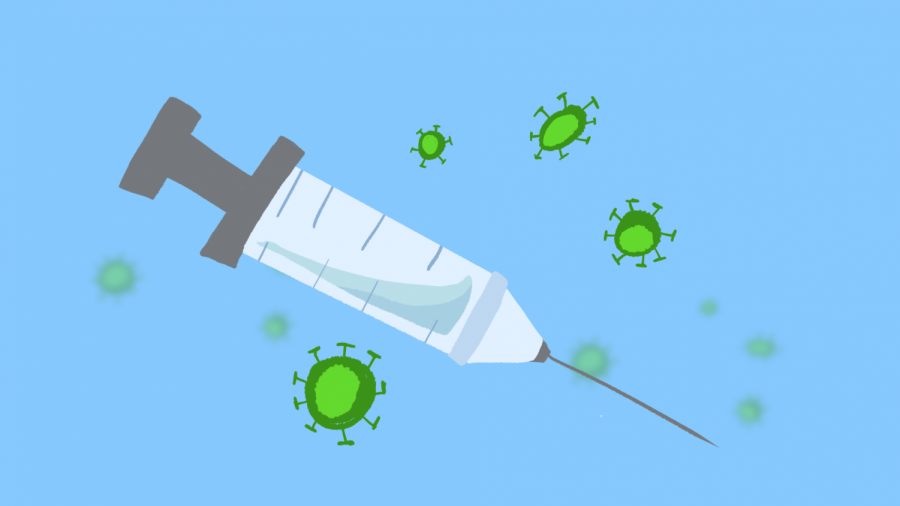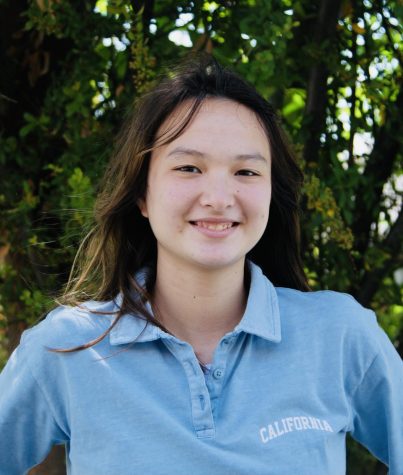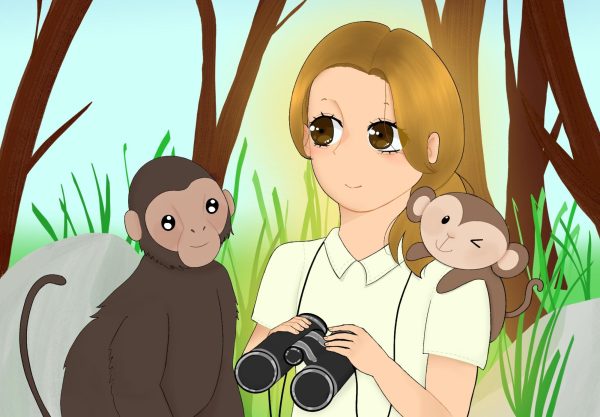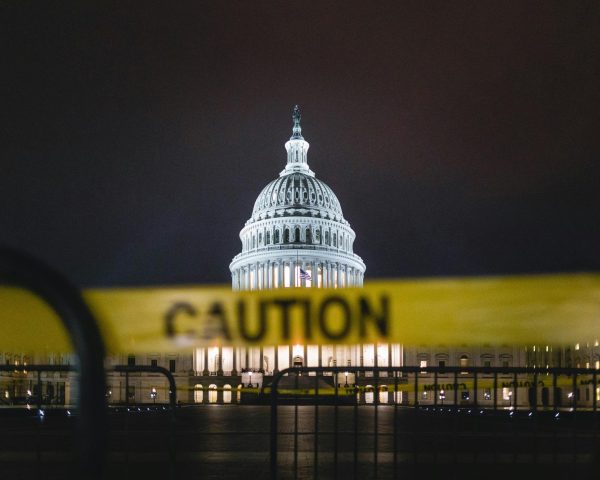The Upcoming Covid-19 Vaccines Raise Many Concerns
Rising COVID-19 cases make the vaccines evermore important.
The Food and Drugs Administration officials were peppered with questions by vaccine experts on Thursday, Oct. 22, 2020. Their questions were directed at the agency’s guidelines for approving a coronavirus vaccine. Specifically, they asked the FDA whether they should wait longer to collect more safety data and whether emergency approval could endanger the integrity of the border clinical trials.
The meeting, which lasted all day and was broadcasted on YouTube, also included a presentation by a non-profit group that interviewed people on their views about a COVID-19 vaccine.
Several people of color expressed concern about whether the vaccine had been studied on people who are Black, Latino, and Native American. Others said their skepticism has historical roots dating back to the Tuskegee Syphilis Study, where government scientists lied to Black men about not having syphilis and allowed them to go untreated for it.
The expert panel was not asked to evaluate a specific vaccine, due to no company having developed one with results from large clinical trials, but rather to weigh in on how the FDA should vet candidates. The agency typically, but not always, follows the advice of outside experts.
Even though a vaccine is pivotal to ending this pandemic, many opinion polls have shown that Americans are increasingly skeptical about the products according to The New York Times.
KSL.com writes that the vaccine, like so many other things, has turned into a political argument. The vaccine is something that each presidential candidate is using to try and win points in this election year, so it’s no surprise that there is a lack of public trust for a potential vaccine.
With companies and scientists seeking to get a vaccine on the market in record time––years faster than the standard pace for development––it only adds to the uncertainty many already have.
Several experts advised that the agency make companies wait for more safety data before they approve any vaccine for emergency use. They said that the agency’s current guidelines, which require two months of safety data after a volunteer has received the last dose of a vaccine, were not good enough.
The New York Times writes that collecting longer-term data would allow them to evaluate potential risks, such as whether immunity to the virus wanes after a few months, or whether rare side effects emerge.
In addition, Pfizer, a pharmaceutical company, said that if a vaccine is approved for emergency use authorization, the company will be ethically obligated to offer the vaccine to people in the trial who received a placebo instead of the actual vaccine; and in doing so, it will “unblind” the trial by revealing who was in each group, threatening the broader results. (When a trial is blinded, participants don’t know if they received a vaccine or a placebo injection.)
An early unblinding of these trials go against the FDA’s advice. The FDA advises vaccine manufacturers to keep their trials blinded for as long as possible, to collect as much data as they can.
If clinical trials are stopped too early they might fall short of gathering enough information to answer additional, important questions needed to figure how to best use the various vaccines that have been produced if multiple vaccines prove to work.
Marion Gruber, the director of the Office Vaccines Research and Review, suggested using expanded access rather than emergency use authorization. This would allow the FDA to make the vaccine available in a more controlled environment. Which permits clinical trials to continue while people who are at extreme risk of dying from Covid-19 could be vaccinated.
According to STAT Jesse Goodman, a former FDA chief scientist, who listened to the meeting agreed with Gruber’s idea. But Goodman––who suggested expanded access as an option in a commentary he co-wrote in JAMA back in July––said that this route might better ensure the continuation of the clinical trials.
If a vaccine was available at this very moment would you take it? Or would you wait until scientists have gathered more data on the vaccine?
Your donation will support the student journalists of Canyon High School. Your contribution will allow us to pay for our print issue magazine, website, and equipment costs.







